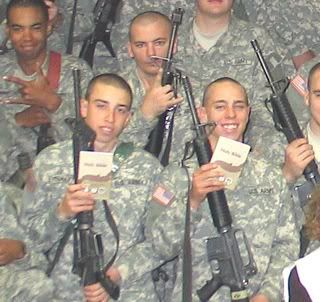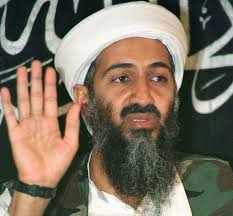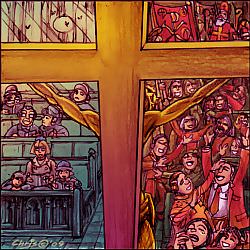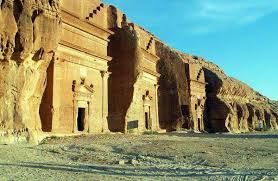President Omar al-Beshir on Sunday announced the immediate lifting of state censorship on the press, meeting a key demand of the media ahead of Sudan's first elections in almost 25 years.
In a decree carried by the official SUNA news agency, Beshir put an end to "pre-censorship," a system where newspapers are screened by state censors every night before hitting the stands to purge them of "sensitive" articles.
"As of today, censorship is over and journalists have complete freedom," Ali Shimo, head of the Press Council told AFP, adding that editors, journalists' associations and censors had signed an "ethics code" for practicing journalism.
Africa's largest country boasts around 30 titles in both English and Arabic published daily to represent all persuasions -- pro-government, Islamist or communist -- and showcase the country's multi-faceted political make-up.
In June, parliament passed a new law guaranteeing "freedom of the press" but banned the press from "provoking religious or ethnic or racial sedition or calling for war or violence," while "respecting and protecting public ethics, religious values."
Journalists found guilty of violating the press law had to pay a fixed penalty set by the courts. But while the law was meant to guarantee freedoms, in practice, censors continued to exercise their powers.
The new press law and lifting of censorship in Sudan, which is to hold general elections in April, its first since 1986, apply only to the written press and not to television which is largely controlled by the Sudanese state. (c) AFP














